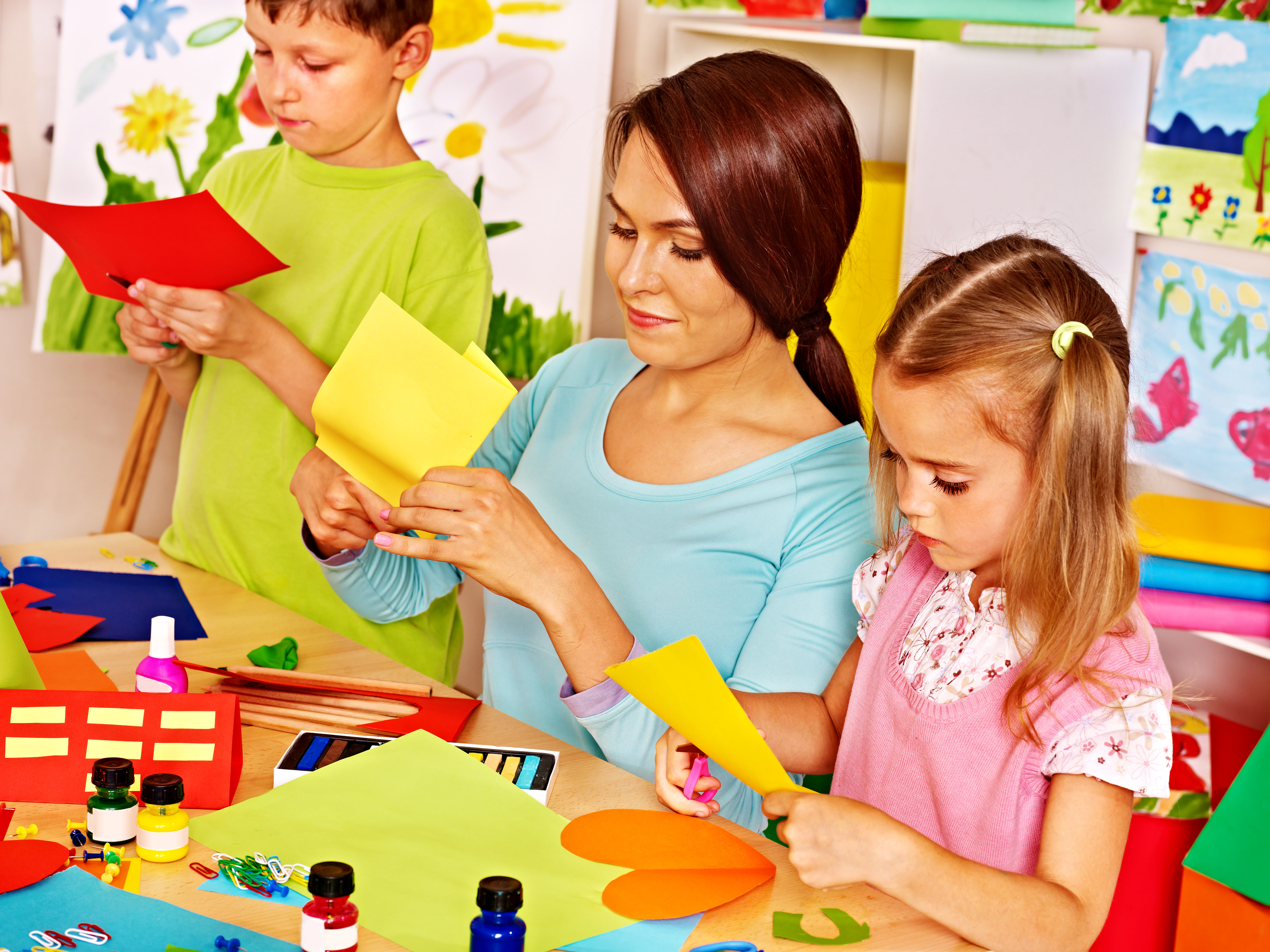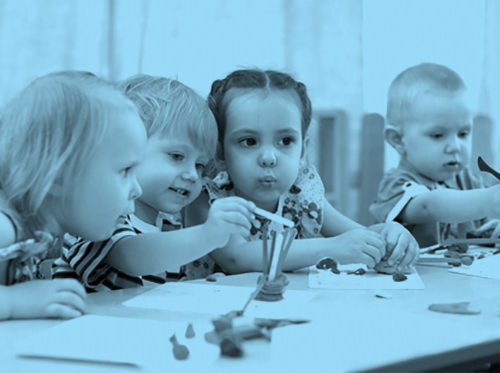Improving students’ relationships with teachers has important, positive and long-lasting implications for both students’ academic and social development. Solely improving students’ relationships with their teachers will not produce gains in achievement. However, those students who have close, positive and supportive relationships with their teachers will attain higher levels of achievement than those students with more conflict in their relationships.
Positive relationships can also help a student develop socially.
Picture a student who feels a strong personal connection to her teacher, talks with her teacher frequently, and receives more constructive guidance and praise rather than just criticism from her teacher. The student is likely to trust her teacher more, show more engagement in learning, behave better in class and achieve at higher levels academically. Positive teacher-student relationships draw students into the process of learning and promote their desire to learn (assuming that the content material of the class is engaging, age-appropriate and well matched to the student’s skills).
- Formal Education in the world
- Non-formal Education in the world
- Informal Education in the world
Although education is compulsory in most places up to a certain age, attendance at school often isn’t, and a minority of parents choose home-schooling, sometimes with the assistance of modern electronic educational technology (also called e-learning). Education can take place in formal or informal settings.





Schools for the young have historically been supplemented with advanced training for priests, bureaucrats and specialists.